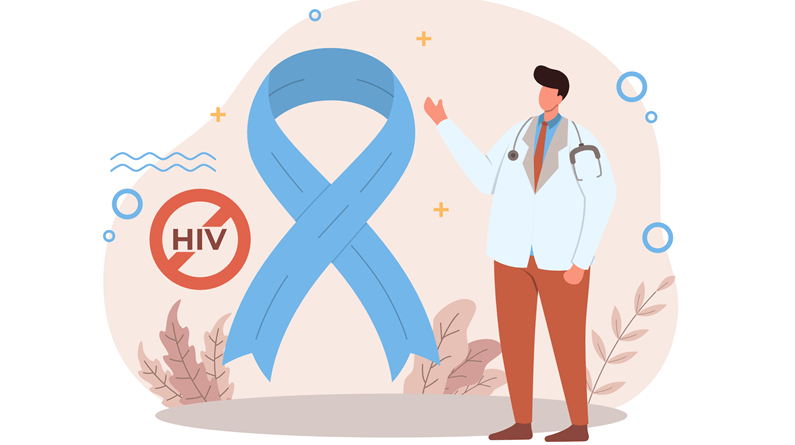The Hidden Dangers of HIV Infection: Opportunistic Illnesses
Human Immunodeficiency Virus (HIV) infection is a global health concern that can spread through various means, including contact with infected blood, semen, and other bodily fluids. While antiretroviral therapy (ART) can help manage the infection, it’s essential to understand the risks of opportunistic illnesses that can arise when the immune system is weakened.
What are Opportunistic Illnesses?
Opportunistic illnesses are infections that take advantage of a weakened immune system, often occurring in people with advanced HIV infection or Acquired Immunodeficiency Syndrome (AIDS). These illnesses can be caused by microbes that:
– Are newly acquired
– Have been dormant for years
– Have been previously exposed
Common Opportunistic Illnesses
Some of the most common opportunistic illnesses include:
1. Tuberculosis (TB): A bacterial infection that attacks the lungs and other organs.
2. Candidiasis: A fungal infection that can occur in the mouth, throat, or vagina.
3. Cytomegalovirus: A virus that can cause eye disease and blindness.
4. Herpes simplex: A group of viruses that can cause sores around the mouth and genitals.
5. Toxoplasmosis: A parasitic disease that can cause encephalitis and eye damage.
6. Pneumocystis pneumonia (PCP): A deadly fungal infection that can cause pneumonia.
7. Invasive cervical cancer: A type of cancer that can occur in women with weakened immune systems.
Preventing Opportunistic Illnesses
The best way to prevent opportunistic illnesses is to:
1. Detect HIV infection early: Regular testing and diagnosis can help prevent the progression of HIV to AIDS.
2. Follow medication schedules: Adhering to ART regimens can help manage HIV infection and prevent opportunistic illnesses.
3. Practice good hygiene: Avoiding exposure to infectious surfaces, washing hands regularly, and eating well-cooked food can help prevent infections.
Managing Opportunistic Illnesses
Many opportunistic illnesses can be treated with antiviral, antibiotic, and antifungal medications. Early detection and treatment are crucial in managing these illnesses and preventing complications.
Conclusion
HIV infection can lead to a range of opportunistic illnesses that can be life-threatening if left untreated. By understanding the risks and taking steps to prevent and manage these illnesses, individuals with HIV infection can lead longer, healthier lives.
References
https://www.cdc.gov/hiv/basics/livingwithhiv/opportunisticinfections.html
https://www.webmd.com/hiv-aids/guide/aids-hiv-opportunistic-infections-stay-healthier#1
https://www.who.int/3by5/en/opportu_en_pdf.pdf
https://medlineplus.gov/hivaidsandinfections.html

